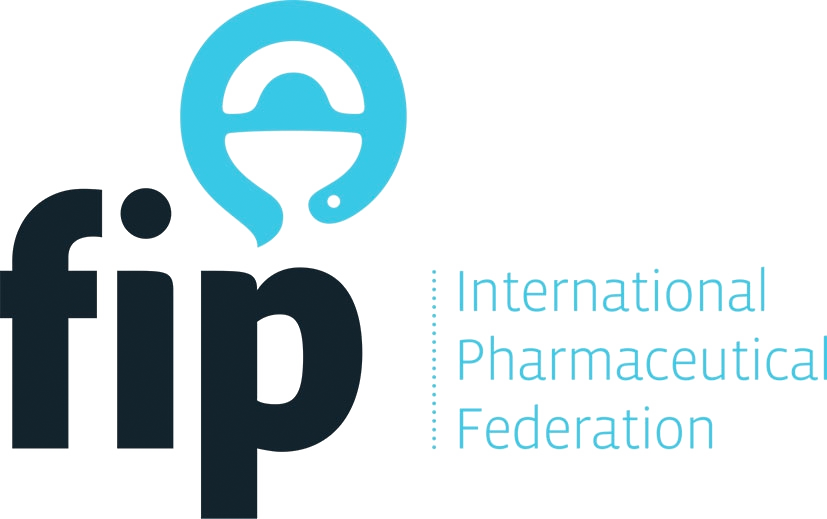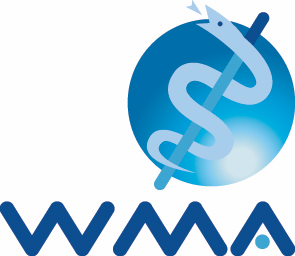May 2017
I am representing the International Council of Nurses and speaking on behalf the World Health Professions Alliance, representing over 26 million physicians, nurses, pharmacists, dentists and physical therapists.
We consider drug use disorders and related health concerns to be a major public health concern and wish to highlight that this issue is interlinked with in noncommunicable diseases and mental health; violence and injuries; road safety; prevention and control of HIV, viral hepatitis, tuberculosis and other communicable diseases; sexual and reproductive health; health systems strengthening; and emergency response.
We support WHO and UNODC in their collaborative activities that focus on implementing the health-related operational recommendations of UNGASS 2016 and strengthening the role of health systems in preventing and addressing addictions and resulting disorders.
National drug policies need to englobe the full range of health and social needs. We urge WHO to develop guidelines for implementing drug control measures that consider prevention, early detection and intervention, harm reduction, treatment, care, recovery, rehabilitation and social reintegration.
We encourage Member States to consider including in their drug policies evidence-based measures that adopt a harm reduction approach. These include medication-assisted therapy, injecting equipment and opioid substitution and overdose prevention programmes to minimize the adverse public health and social consequences of drug abuse. We call on WHO to design and support the delivery of educational packages addressing existing misperceptions amongst policy makers and healthcare professionals.
We support the UNGASS commitment to improve access to internationally-controlled substances as their medical use is essential to deliver quality care, including palliative care. As one supporting measure, we commit to promote the appropriate education and training of our health professionals in the treatment of pain and suffering, drug use disorders and other health conditions in the context of controlled substances.
We encourage all relevant ministries to consult with healthcare professionals when developing drug policies to ensure that they remain people centered and support the health, safety, wellbeing, dignity, peace, security, prosperity, and human rights of all humanity.
Thank you.




